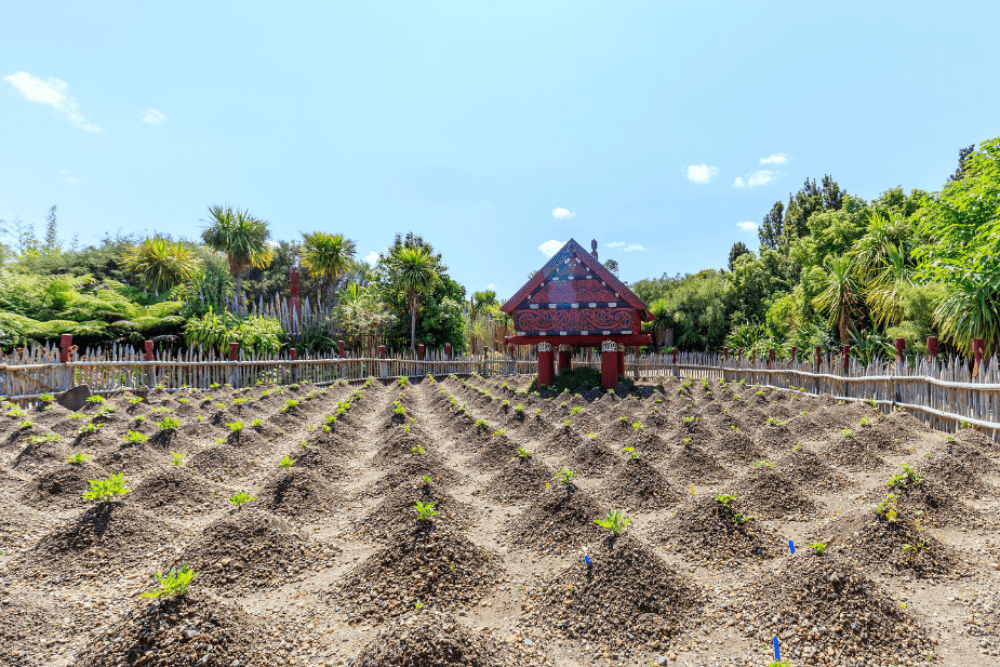The 2021 APEC Science Prize for Innovation, Research and Education or known as ASPIRE is now accepting nominations. The prize features influential work by young scientists from among the 21 APEC member economies.
New Zealand, the host economy for APEC 2021, has chosen ‘Diverse Knowledge for a Sustainable Future’ for this year’s theme. It is aimed at focusing on researcher insights from Indigenous and ethnic minority cultures and communities to help inform new frontiers in science, technology and innovation.
“In an era of rapid global change, a robust science and research enterprise is critical to advance disruptive and transformative technologies, providing the evidence base to make informed decisions that balance risks and rewards, and advance our understanding and ability to address global challenges like COVID-19,” said Daniel Dufour, Chair of the APEC Policy Partnership on Science, Technology, and Innovation, which administers the annual prize.
“Global issues, such as pandemics and climate change, have further highlighted the importance of leveraging diverse knowledge and perspectives to bolster science, technology and innovation, and create better solutions for a greener, safer and more inclusive future.”
“The selected theme explores interactions between traditional and contemporary approaches to knowledge and science, as well as applications such as better management of natural resources, healthcare and agricultural systems,” said Professor Juliet Gerrard, Chief Science Advisor for New Zealand. “This will open up much needed new holistic and inclusive approaches for economies to meet the challenges of the future.”
In its 11th year, the ASPIRE prize promoted scientific success by providing opportunity for the young and bright scientists among the APEC member economies to showcase their hard work, specialty and global contribution.
Each APEC economy may nominate one individual to represent them in this year’s competition. The nominee must be from the region and under 40 years of age. The impact of their work will be judged on their excellence in research and cross-border collaboration with peers from other APEC economies. Relevant academic disciplines include biology, chemistry, environmental science and physics, among others.
The winning entry will receive a cash prize of USD25,000 by Wiley and Elsevier, distinguished publishers of scholarly scientific knowledge. The prize will be awarded at a virtual ceremony hosted by New Zealand in August 2021.
“The future of science depends on a robust and diverse set of minds drawn from all corners of society,” said Youngsuk “Y.S.” Chi, Chairman of Elsevier. “These young scientists are paving the way for a brighter and more sustainable future. Not only are they broadening the borders of science, research and healthcare with their discoveries, but they are giving Indigenous and ethnic minority cultures the recognition they deserve.”
“Over this past year, we have learned that diverse and inclusive knowledge systems lead to more effective and agile global research,” said Judy Verses, Executive Vice President and General Manager of Wiley Research. “We look forward to spotlighting the amazing work of young scientists across the region—they are our future.”
For information on the previous year’s ASPIRE prize, please visit this link.
For application information and questions, please visit this link.
For further details, please contact:
Masyitha Baziad +65 9751 2146 at [email protected]
Michael Chapnick +65 9647 4847 at [email protected]

